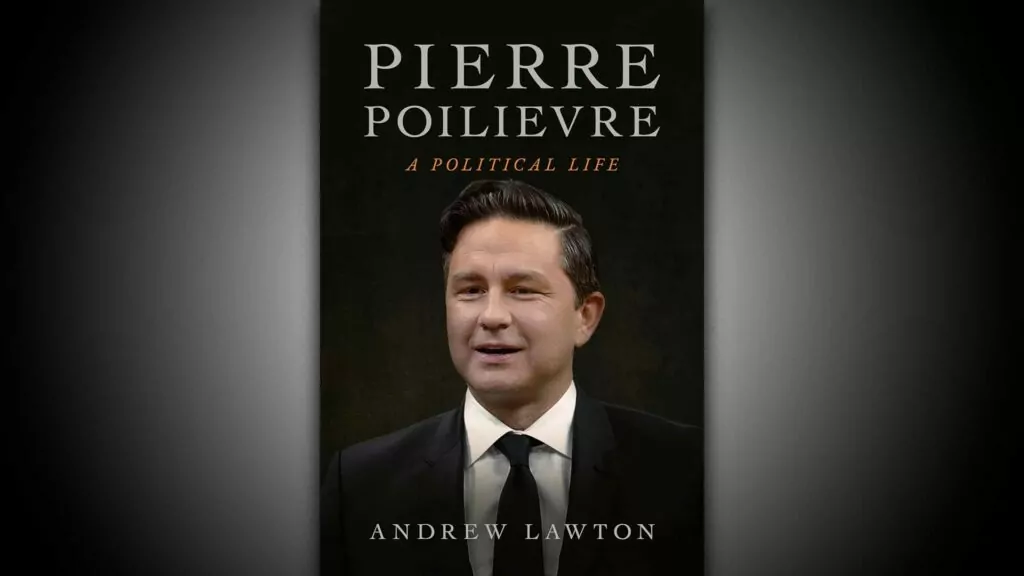On books
“Outside of a dog, a book is man’s best friend. Inside of a dog, it’s too dark to read.” – Groucho Marx
When we ask, “Why Lord?”
Scottish preacher Samuel Rutherford (1600-1661) was well acquainted with suffering: he lost his wife to a lingering illness, and lost two children during the same period. He had to endure frequent sickness, and was persecuted because of his faithful preaching of the Word, eventually being sent into exile. Why did this steadfast servant have to endure so much hardship? Rutherford saw God’s plan in it all:
“If God told me some time ago that He was about to make me as happy as I could be in this world, and then had told me that He should begin by crippling me in all my limbs, and removing me from all my usual sources of enjoyment, I should have thought it a very strange mode of accomplishing His purpose. And yet, how is His wisdom manifest even in this! For if you should see a man shut up in a darkened room, idolizing a set of lamps and rejoicing in their light, and you wished to make him truly happy, you would begin by blowing out all his lamps; and then throw open the shutters to let in the light of heaven.”
When we are devastated by loss, will we respond as faithfully? Can we continue to praise God even when we are laid low? John Piper (1946- ) responded to Rutherford’s example by turning to the LORD and asking Him for help:
“Oh how I pray that when God, in His mercy, begins to blow out my lamps, I will not curse the wind.”
World’s toughest riddle
Here’s a riddle that 99 percent of adults won’t be able to answer in 5 minutes, but most children can. Can you?
I turn pink flamingos white
and I will make you cry.
I make elephants hum
and girls comb their hair.
I make celebrities look silly
and normal people look like celebrities.
I turn cookies brown
and make your soft drinks bubble.
If you squeeze me, I’ll pop.
If you look at me, you’ll pop.
Can you guess the riddle?
Scroll to the bottom of the page for the answer the kids give.
T-shirt truth
I’m Canadian, but know enough about US politics to dismiss most anything a Democrat says – they are, after all, the party that brought in gay marriage, that supports partial-birth abortion, that supports “artistic” pornography, and that insists more government – and lots of it – is the answer to any problems the nation encounter. So when I saw a T-shirt that, in big bold letters on the front, blurted, “God is not a Republican…” it just seemed a silly Democrat jab.
But there’s something to this slogan. The Democrats may be the Devil’s own party, but that they are so very bad doesn’t mean God is a Republican. It seems almost silly when we say it out loud, but Christians in the Republican Party do make the mistake of thinking God is on their side. However, as God makes clear in Joshua 5:13-14a, He’s not on anyone’s side:
When Joshua was by Jericho, he lifted up his eyes and looked, and behold, a man was standing before him with his drawn sword in his hand. And Joshua went to him and said to him, “Are you for us, or for our adversaries?” And he said, “No; but I am the commander of the army of the Lord…”
God doesn’t pick sides; what’s important, instead, is that we pick His side! God is not a Republican, and American Christians should never make the mistake of blindly supporting a party that has not declared itself to be on His side.
So that T-shirt spoke truth… and it turns out, the back side was even more profound. In even bigger block letters the reverse shouted, “…but He’s definitely not a Democrat!”
6 do’s and don’t for raising a reader
In Gladys Hunt’s Honey for a Child’s Heart, she lists a half dozen ways to keep your offspring illiterate…
- Schedule your children for every activity you can think of so they won’t be bored.
- Never talk about ideas while eating meals.
- Keep your house neat – no books or literary magazines in sight.
- Never read stories out loud past age two.
- Keep the lights low – buy only 40-watt light bulbs.
- Absolutely no reading in bed!
…and another half dozen to get them reading.
- Restrict television watching drastically.
- Keep the computer usage under control. Don’t allow too many hours on pointless computer games or in chat rooms.
- Have books and other good reading materials within easy reach.
- Let your children see you reading.
- Talk about books together; play games together.
- Visit the library often, and listen to books-on-tape when traveling.
Experience times 27
CBS’s The View is one of the last places you’d expect to see a common-sense defense of spanking. But some years back, when Rose Rocks, a mother of 10 and foster mother of 17 appeared on the morning show and started talking about her approach to discipline, no one was going to question her qualifications. In raising her 27 children she has made a restrained use of spanking because she found a momentary smack on the bum was far less painful, and left less scarring than yelling at children. Spanking and yelling are not the only two options for disciplining children, but if parents refuse to ever do the former they may find themselves doing a lot of the latter.
Self-referent humor
I was thinking about promising that you’ll enjoy the self-referent quips that follow but I never make predictions. Never have and never will. Some of the quotes that follow are anonymous; others are by people I don’t know.
– It’s like déjà vu all over again –Yogi Berra
– Nostalgia isn’t what it used to be.
– Repeat after me. We are all individuals. – Graham Chapman
– There are 10 types of people: those who understand binary and those who don’t.
– I’ve felt like a goat, ever since I was a kid – James Demastus
– I want to join the Optimist’s Club, but they probably won’t accept me. – David Cervera
– Aibohphobia: the fear of palindromes
– The two rules for success are: 1. Never tell them everything you know.
The insanity of assisted-suicide
I was looking through my old files and came across this, a May 12, 2008 article in The Guardian that showed just how heartless assisted suicide is. It was about how documentary filmmaker Jon Ronson had originally set out to make a movie advocating for assisted suicide, but after following around “right-to-die” advocate George Exoo for several years, Ronson changed his mind. The incident that had the biggest impact on Ronson happened when he got to meet Exoo’s new assistant who was being trained to take over Exoo’s role.
“Susan [not her real name] lived alone, a middle-aged lady with a collection of plastic lizards. While we waited I asked her how they met. ‘I was bitten by a brown recluse spider in 1993,’ she replied. ‘It was so painful I wanted to die.’ She said she called the official right-to-die groups, ‘but they wouldn’t help me.’ ‘Because you weren’t terminally ill?’ ‘Yeah, they rejected me,’ she said. ‘But then somebody said, “You might want to call George.” Kind of like under the counter.’ Susan said she would have killed herself with Exoo’s help – he was perfectly willing – but she couldn’t find anyone to look after her pet snake. Eventually, they got talking. If she wasn’t going to be his client, perhaps she should be his assistant.”
Susan once wanted to die, but then found a reason – a very perverse reason – to go on. She wanted to commit an irrevocable act to end her own life, but then changed her mind. And yet she is now traveling the world helping people kill themselves. It’s ironic and it’s insane.
May God open their eyes.
Quote of the month
“I dream of a better tomorrow, when chickens can cross the road without having their motives questioned.” – Author unknown
Kindergartener’s answer to the world’s toughest riddle
The answer that children will give to the question “Can you answer this riddle?” is a very quick “no,” which is the only right answer for this otherwise unsolvable riddle. Meanwhile, adults will keep puzzling over it to the point that they don’t give an answer in the allotted five minutes (adapted from a riddle making the Internet rounds).















